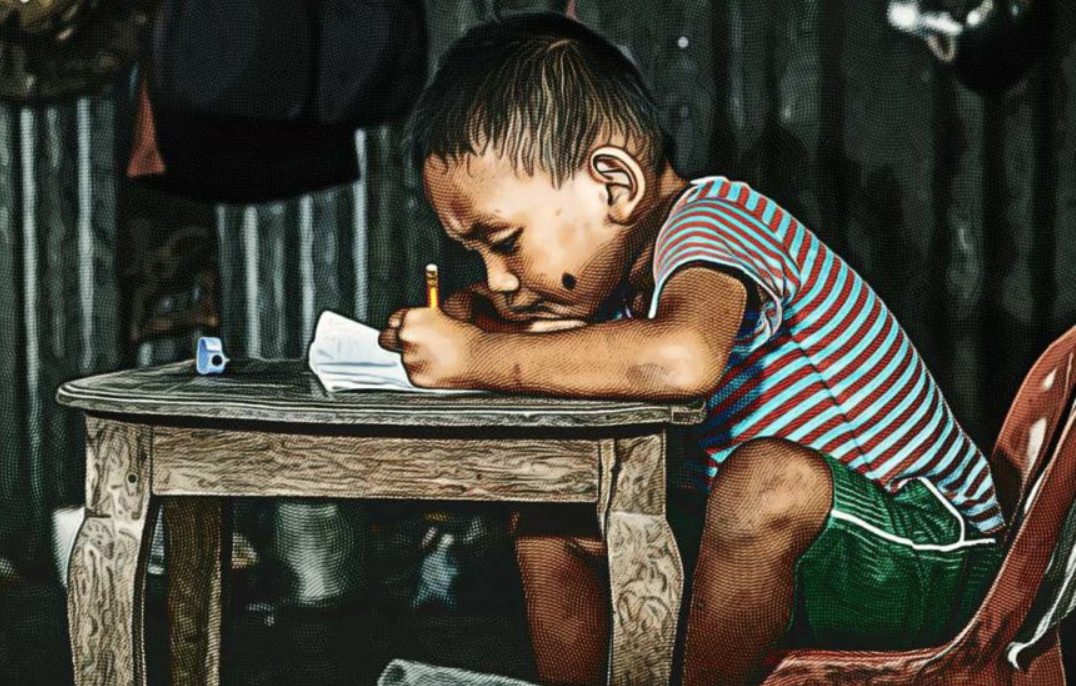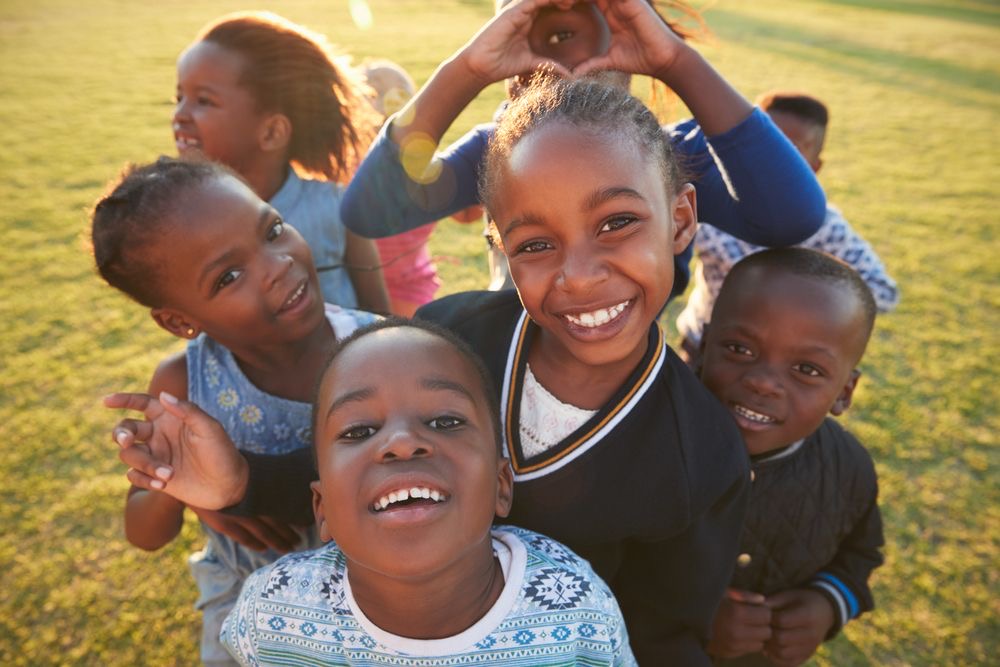Unleashing people’s potential
Education is the challenge of the century. Without education, there will be no freedom or sustainable development. The first-ever G20 education ministers’ meeting in Mendoza this year, on “unleashing people’s potential”, was therefore a powerful signal of high-level political commitment to education. Its declaration recognises the transformative power of education – particularly of girls and women – for poverty reduction and active citizenship, therefore contributing to peaceful, inclusive and prosperous societies. The discussions placed Sustainable Development Goal 4 – with its focus on equity, quality and inclusion at all levels of education, through lifelong learning – at the centre of the development agenda.
Unprecedented rapid change, largely due to the technological revolution, is affecting how we work, learn, teach and live together. It is disrupting previous models, while opening up tremendous opportunities to expand learning. Education and training systems need to adapt to ensure that children, youth and adults are equipped with the knowledge and skills they need throughout life. It is not only about ensuring that education allows the learner to cope with change. It is also about ensuring that learners drive change and contribute to shaping more inclusive development. UNESCO is working to encourage more holistic and relevant education systems that are geared to 21st-century challenges.
The learning crisis
As a first priority we need to address the current learning crisis. Worldwide, 617 million children and adolescents – six out of 10 – do not achieve minimum proficiency in reading and mathematics. Two thirds are in school but not learning the basics. Nearly half of these children and adolescents reside in G20 countries. This compels us to seriously review our education policies. More and better qualified teachers are part of the solution. UNESCO estimates that we need to hire 69 million more teachers to achieve quality education for all by 2030, and we need well-trained and motivated teachers. It also means making better use of technology, including open-source platforms that encourage learning, so we are currently developing a Recommendation on Open Educational Resources. We should maximise the full potential of this technology without obscuring the risks. UNESCO is also engaged in reflecting on ethical principles applied to new technologies.
Another priority is to address the mismatch between the skills acquired within education systems and the needs of constantly evolving job markets. Currently, 2.1 billion people around the world are low-skilled. Public policy needs to reorient education and training to changing demands for skills. This is why UNESCO supports the anticipation of labour market needs and their translation into education and training programmes. It also supports building lifelong learning policies, where qualification systems facilitate education pathways from early childhood to adulthood, between formal and non-formal learning. Education must adequately prepare learners to deal with uncertainty and rapid change – not only for jobs that do not yet exist, but also for the transition to green economies and the digital age. Great emphasis must, therefore, be placed on ‘soft skills’, such as creativity, critical thinking, teamwork, communication, problem solving and ‘learning to learn’. It also means fostering education for global citizenship including values regarding sustainable development, human rights and mutual understanding in a complex world.
Increasing female participation
These skills, plus widespread digital skills, will help to marshal all human talent. We also need to encourage girls’ and women’s participation in science, technology, engineering and mathematics – currently, they represent only one third of students in higher education in science, technology, engineering and mathematics. This is an area of particular concern for UNESCO’s work on girls’ and women’s education. Expanded technical and vocational education and training would also open up new opportunities, including in the creative and cultural industries, which employs more young people than any other sector. With the increase in student mobility, we must recognise qualifications and prior learning across borders. UNESCO is preparing the first-ever Global Convention on the Recognition of Higher Education Qualifications.
To meet these educational challenges, we must invest more in education. To cover the costs of basic education alone, we still need to invest an additional $39 billion per year until 2030. To meet this financing gap, governments must increase public revenues, allocate more of these additional revenues to education and prioritise spending on the most marginalised groups. External aid and new innovative finance mechanisms can also help meet the gap. By sending a clear message that education is a human right and global public good, G20 education ministers have expressed a collective responsibility. This G20 summit and future presidencies have an opportunity to maintain the momentum for international education and truly unleash people’s potential.












